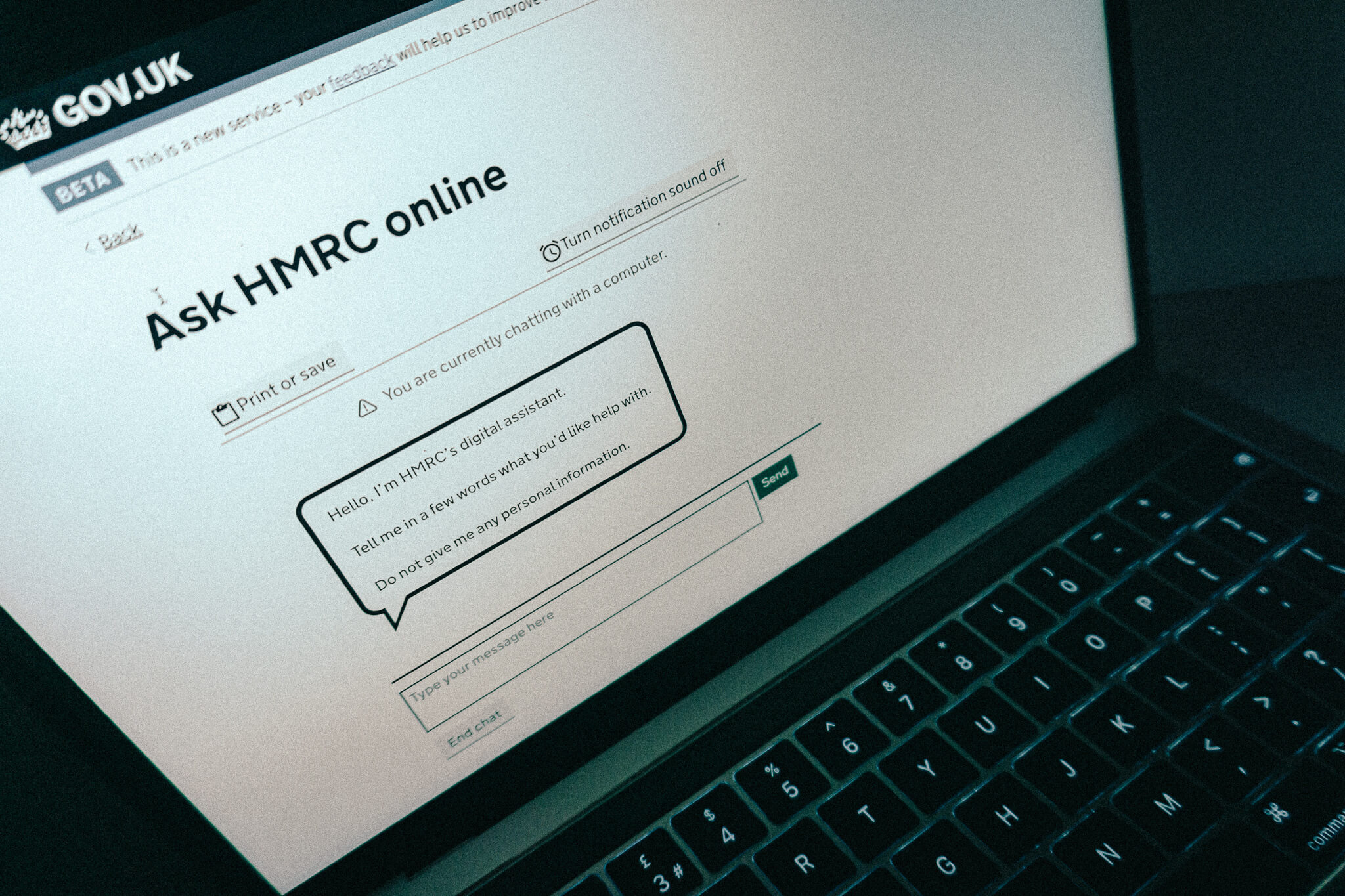Chief secretary to the Treasury claims that, while technology can be a ‘massive transformer of productivity and innovation’, ministers and officials should not expect automation to solve all issues overnight
A senior minister has warned against expecting the use of artificial intelligence and automation to solve all of government’s efficiency and productivity issues.
On ongoing civil service productivity review, which was commissioned by Jeremy Hunt in June, is currently looking at how AI can become a “massive transformer of productivity and innovation”, according to one of the chancellor’s ministerial colleagues who is leading the review: chief secretary to the Treasury John Glen.
In an interview with PublicTechnology sister publication The House, Glen said his work on the project so far has uncovered that the public sector does not quite yet have the “high degree of readiness” for AI expected of it.
He said he wanted to see more departmental pilots using AI, like an ongoing trial by the Department for Work and Pensions using algorithms to help detect benefits fraud and “doing a better job of matching people with jobs”. He suggested it could also be used by the Ministry of Justice and the Home Office to help make the criminal justice system more efficient and “stop us wasting court time”.
Related content
- New AI Safety Institute seeks to ‘prevent surprise from unexpected advances’
- GOV.UK Chat – government tests AI from ChatGPT firm to answer online users’ questions
- Artificial intelligence to empower public services, says minister
And he said AI could help cut down on administrative spend, including at HM Revenue and Customs, which receives 136 million items of post in a year.
However, the minister stressed that AI will not be “a panacea for everything”, adding: “We need intelligent leadership, to actually lead transformation; that’s going to be difficult.”
More widely, the civil service must be made to have a greater sense of “accountability for outcomes” to drive productivity, and “there isn’t the degree of urgency that I would like” in Whitehall, Glen said.
Reflecting on his pre-politics days as a consultant at professional services firm Accenture, he said: “If I wasn’t bringing in fees, or the client I was working for wasn’t happy with the work, then there would be clear outcomes for me. I think people are frustrated [that] that isn’t always clear to people in civil service.”
“The traditional social contract that you have a lower salary, higher pension and job security doesn’t mean you can’t be accountable for delivery,” he added.
Glen, whose review will aim to “deliver more for less” across the public sector, said this could be addressed by providing incentives to “reward civil servants” for doing things “better and differently”.
The review is also considering scope for “demand reduction” to ease pressures on public services. As an example, Glen said it is possible to “massively reduce” the costs of a child going into care through earlier intervention and using the “kinship model” where children are cared for by relatives other than their parents.




